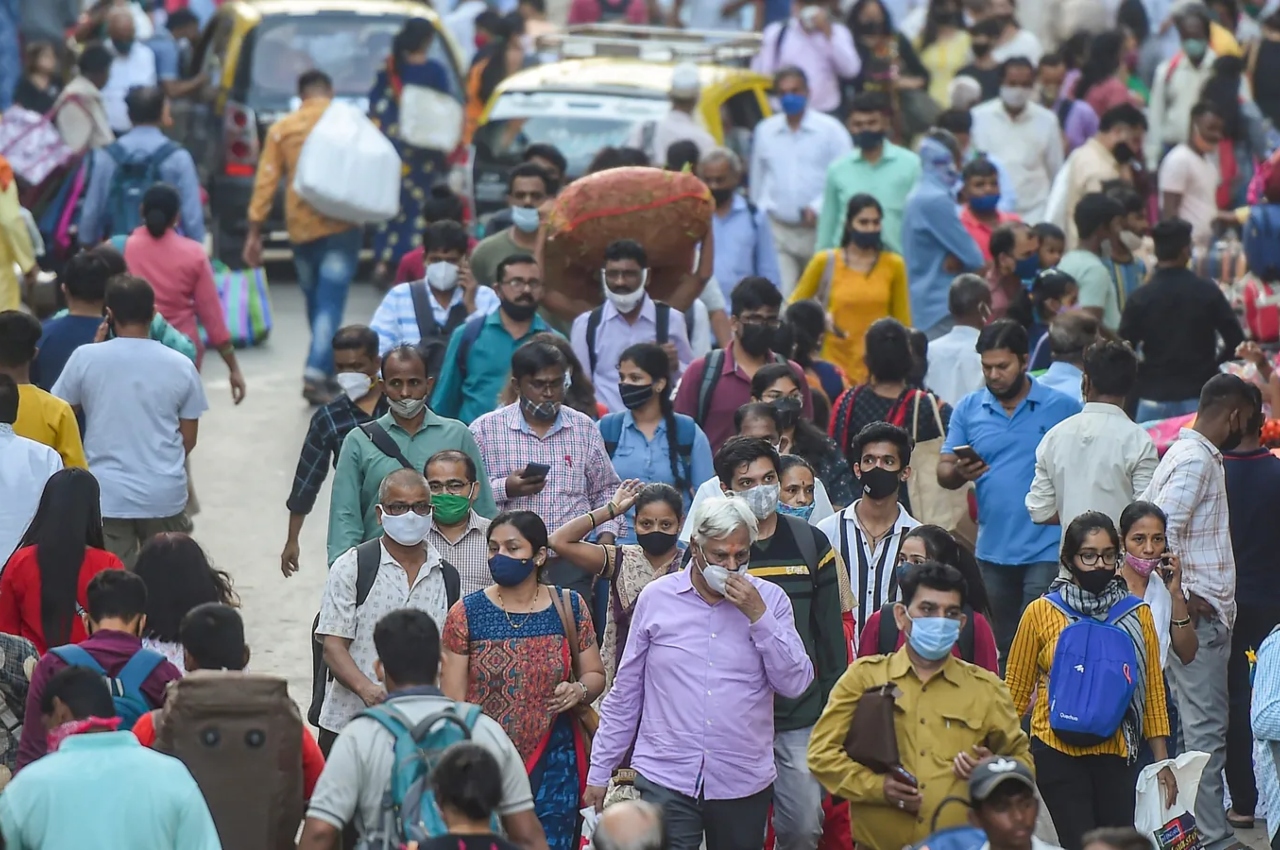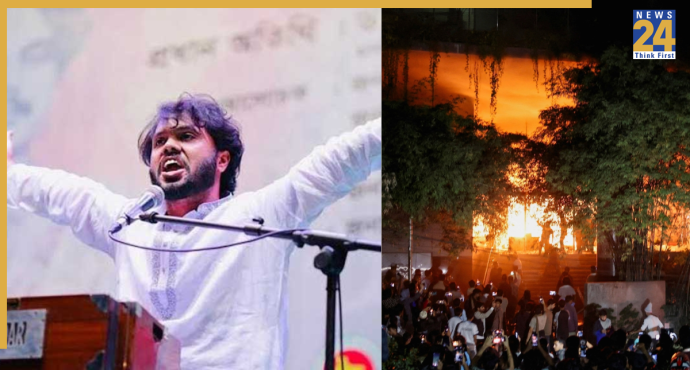World population: With India poised to surpass China as the world’s most populated nation next year, the world population reached 8 billion on Tuesday, marking a significant milestone for humanity after growing by a billion people during the previous 12 years.
The world has reached a major milestone in public health, according to the UN, which has increased life expectancy and lowered mortality rates. However, the moment also serves as a wake-up call for humanity to look beyond the statistics and fulfil its shared responsibility to protect people and the environment, beginning with the most vulnerable.
“8 billion hopes. 8 billion dreams. 8 billion possibilities. Our planet is now home to 8 billion people,” the United Nations Population Fund (UNFPA) tweeted.
According to UN Secretary-General Antonio Guterres, we are preparing for an 8 billion-strong world full of tensions and mistrust, crises, and conflict if we don’t bridge the gap between the world’s haves and have-nots.
In 2023, India is anticipated to overtake China as the world’s most populated nation. India’s population is projected to be 1.412 billion in 2022, compared to China’s 1.426 billion, according to the demographic prospects report. By the middle of the century, India is expected to have a population of 1.668 billion, much exceeding China’s 1.317 billion.
On November 15, the population clock flashed 8,000,000,000, with the world’s population having increased by one billion during the previous 12 years.
Given that the human population was under 1 billion for millennia until about 1800 and that it took more than 100 years to increase from 1 to 2 billion, the UN described the world population hitting 8 billion as a significant milestone.
In contrast, the global population has grown very quickly over the past century, and despite a significant slowdown in growth, the UN projects that the world’s population will surpass 9 billion around 2037 and 10 billion around 2058.













